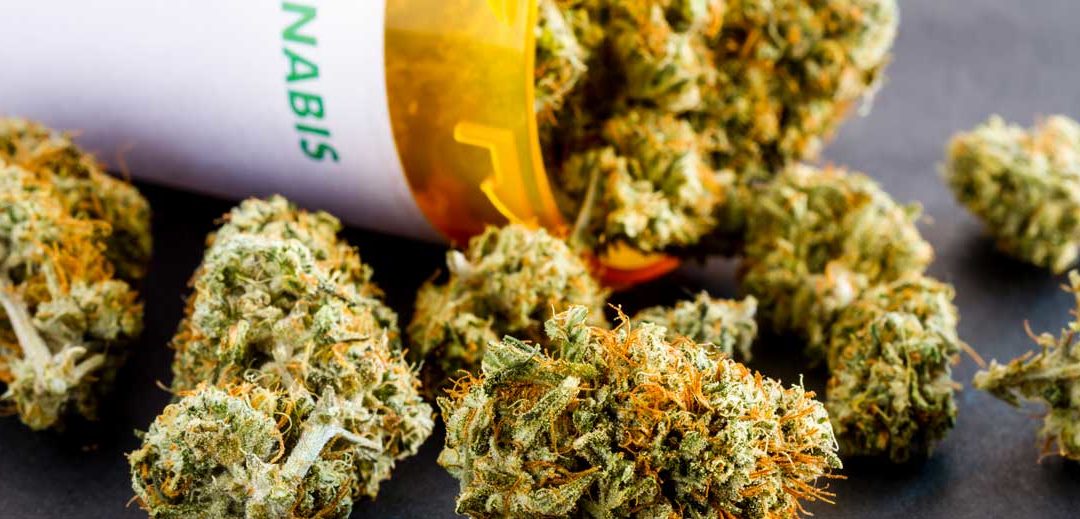As of January 1, 2018, recreational marijuana sales and purchases are legal in the state of California.1 The largest state in the U.S. to do so, California’s recent move drastically increased the market for adult marijuana use on the West Coast, as recreational marijuana use is also legal in the West Coast states of Washington and Oregon.2
According to a recent report from CNN, the new California legislation allows adults in California to possess as much as one ounce of marijuana and grow up to six plants at home. Although it is legal in the state of California, marijuana is still illegal under federal law and people cannot mail it to friends and loved ones or travel with it across state lines.3
Other states that have approved the sales of recreational marijuana include Colorado, Nevada, Alaska, Oregon, Washington, Maine, and Massachusetts.2
Current Marijuana Laws in the State of Texas
Recreational use of marijuana is still illegal in Texas. However, the 2015 Texas Compassionate Use Act does allow patients suffering from intractable epilepsy to be treated with low-THC cannabidiol oil.4
According to the Texas Department of Public Safety (DPS), the bill requires that “DPS create a secure registry of physicians who treat epilepsy for the purpose of prescribing low-THC cannabis to patients who have been diagnosed with intractable epilepsy.” The bill also required DPS to license at least three dispensing organizations that met the requirements by September 1, 2017. As of December 15, 2017, DPS issued those three licenses.4
Although this law technically legalizes medical use of low-THC cannabidiol oil, it is still very restrictive, with high limitations and slow implementation. For example, under the Texas Compassionate Use Act, dispensaries can only sell “low-THC cannabis,” which is defined by Texas Occupations Code Sec. 169.001 as a product that contains 0.5 percent of weight of THC and not less than 10 percent by weight of cannabidiol.4 Some Texans feel that this isn’t very different from the current federal law, which allows hemp-derived products to contain 0.3 percent THC.
Even for patients diagnosed with intractable epilepsy, the qualifying process is difficult and lengthy, requiring them to obtain recommendations from two qualifying physicians. If patients with other conditions want to legally obtain medically-purposed low-THC cannabis, the current law must be amended first.
According to the Dallas Observer, the bill has several major flaws, including a requirement that doctors prescribe cannabis oil in violation of federal law5 and The Texas Cannabis Industry Association has filed complaints with DPS and Governor Abbott about the restrictive medical marijuana law in Texas.6
Additionally, just for clarification, smoking low-THC cannabis is excluded from the definition of “medical use” in Texas and patients cannot legally grow their own cannabis at home.4
Potential Consequences and Effects of Marijuana Use
Legalization of recreational marijuana use may encourage many people who were previously hesitant to try it. The National Institute on Drug Abuse (NIDA) states that recreational use of marijuana can lead to the development of marijuana use disorder, which, when severe, can take the form of drug addiction.7 Although not every person who uses marijuana will develop an addiction, research suggests that between nine and 30 percent of people will.8
The physical effects of marijuana use range in severity, but they may include:
- Temporary hallucinations and paranoia
- Breathing problems
- Increased heart rate
- Child development complications during and after pregnancy
- Cannabinoid Hyperemesis Syndrome (intense nausea and vomiting)
- Worsening symptoms in patients with schizophrenia
Although conclusions from studies do not always agree, it’s important to note that regular long-term marijuana use has also been linked with several different mental health problems, including anxiety, depression, and suicidal thoughts.8 It is also associated with a higher likelihood of dropping out of school9 and findings from a study published by the Journal of the American Medical Association (JAMA) linked marijuana use to higher incidences of job accidents, injuries, and absences.10
Regular long-term marijuana use comes with a host of negative side effects and risks, putting marijuana users at risk for the development of substance use disorders and drug addiction. In some cases, marijuana use may even open the door to other forms of drug abuse involving other dangerous substances such as alcohol, cocaine, or heroin.
Why Hill Country Detox?
At Hill Country Detox, our drug detox professionals can provide a period of safe medical observation and individualized drug detox programs for a variety of addictive substances. If you or a loved one is suffering from the negative consequences of drug and/or alcohol addiction, our experienced team of addiction treatment specialists can help.
Detoxing from drugs and alcohol at home can be dangerous and unpredictable. In most cases, enrolling in a medically assisted detox program is the safest option. Our medical team is trained to recognize and treat the uncomfortable symptoms of withdrawal and will provide the most comfortable and safe drug detox experience possible. Each client is treated with a multidisciplinary approach to ensure that they receive the most thorough and comprehensive treatment available. In addition, our luxury detox center provides a peaceful and comfortable environment that is ideal for healing.
Every drug detox program at Hill Country Detox is designed with the client’s individual needs in mind and is adjusted over time as the client progresses through the detox and withdrawal process. Once detox is completed, our medical and therapeutic staff will even provide recommendations for ongoing treatment to help the client achieve lasting and long-term sobriety.
Call Hill Country Detox today to learn more about our personalized drug detox programs or to speak with a member of our admissions team.
References:
- https://www.npr.org/2017/12/27/573870651/california-prepares-for-recreational-marijuana-sales-on-jan-1
- http://www.governing.com/gov-data/state-marijuana-laws-map-medical-recreational.html
- http://www.cnn.com/2018/01/01/us/california-marijuana-sales/index.html
- https://www.dps.texas.gov/rsd/CUP/index.htm
- http://www.dallasobserver.com/news/texas-legislature-2017-marijuana-law-recap-9522506
- https://hightimes.com/news/texas-marijuana-laws/
- https://www.drugabuse.gov/publications/research-reports/marijuana/marijuana-addictive
- https://www.drugabuse.gov/publications/drugfacts/marijuana
- https://www.ncbi.nlm.nih.gov/pubmed/19937639
- https://www.ncbi.nlm.nih.gov/pubmed/2232039


Recent Comments